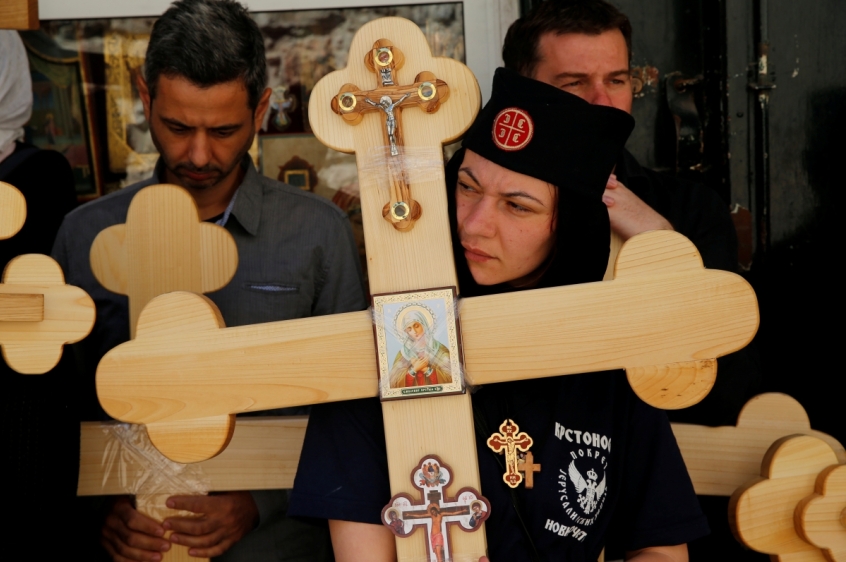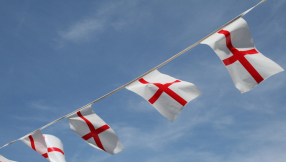
The Pan-Orthodox Council due to be held in Crete has been thrown into further crisis by a letter from the Serbian Orthodox Church questioning its validity and urging its postponement.
The council – the first in 1,000 years – was called by the Ecumenical Patriarch of Constantinople with the aim of reaching a consensus around disputed issues among all 14 autocephalous or self-governing Orthodox Churches.
However, with a week to go before it begins it has been hit by a series of disputes over procedures and agendas. The Bulgarian and Antiochian Churches have refused to participate and the intervention of the Serbian Church has made it even more difficult for the Ecumenical Patriarch.
In its letter signed by Patriarch Irinej, the Serbian Church said a postponement would enable the council to be seen as a "pre-Synodal inter-Orthodox consultation" which could prepare the ground for a subsequent meeting.
It says there are unresolved issues about the texts to be discussed, relations between the Churches and the structure of the council that mean the Church "feels it difficult to participate in the summoned Holy and Great Synod".
Responding to the news, a spokesman for the Russian Orthodox Church said in a Rossiya-24 interview that the council could "probably can be called an intra-Orthodox conference, but it would be difficult to call it the Pan-Orthodox Council".
Noting that the council's proposed regulations all decisions had to be arrived at unanimously, Vladimir Legoyda said: "If at least one Church opposes one or another document, it would not get adopted. One cannot talk about the pan-Orthodox consensus in this situation when three Churches simply refused to participate."













